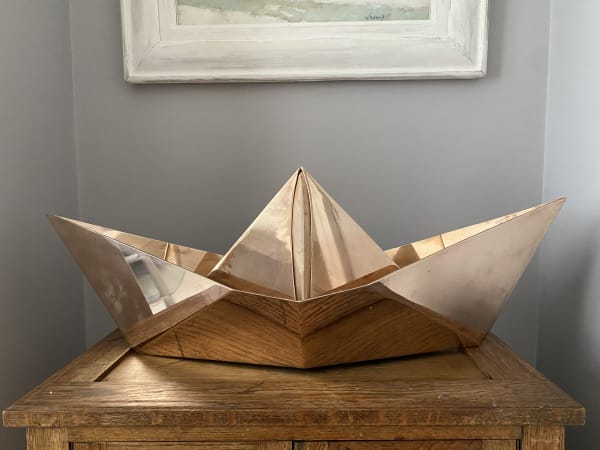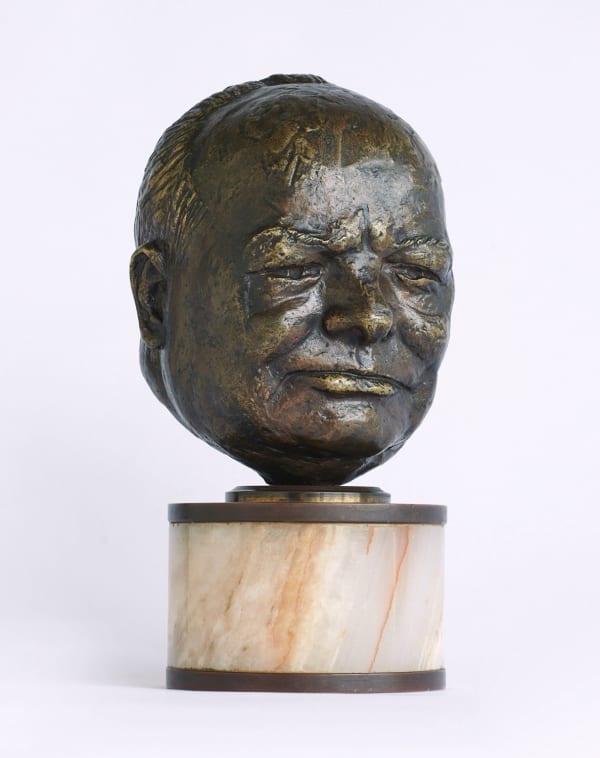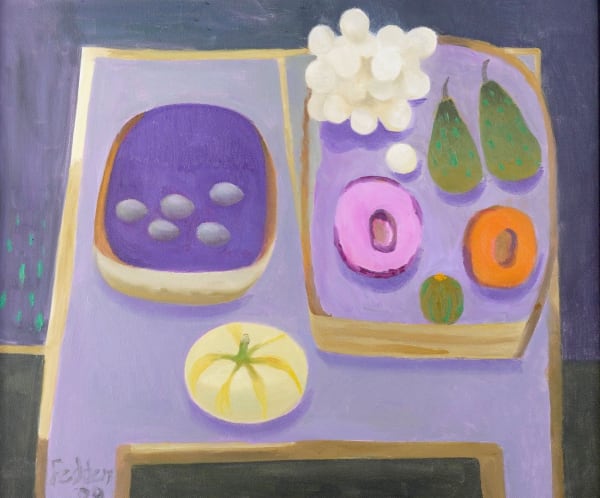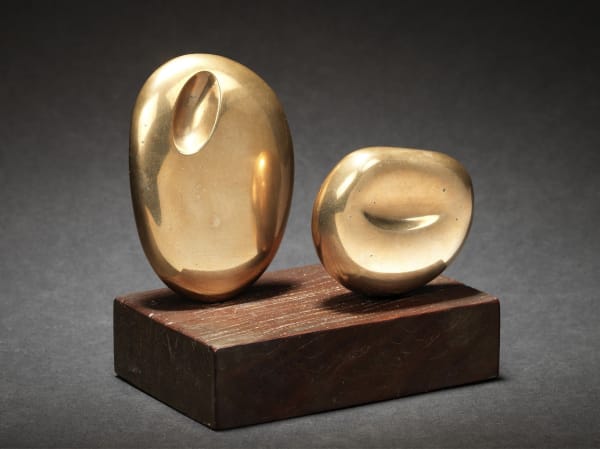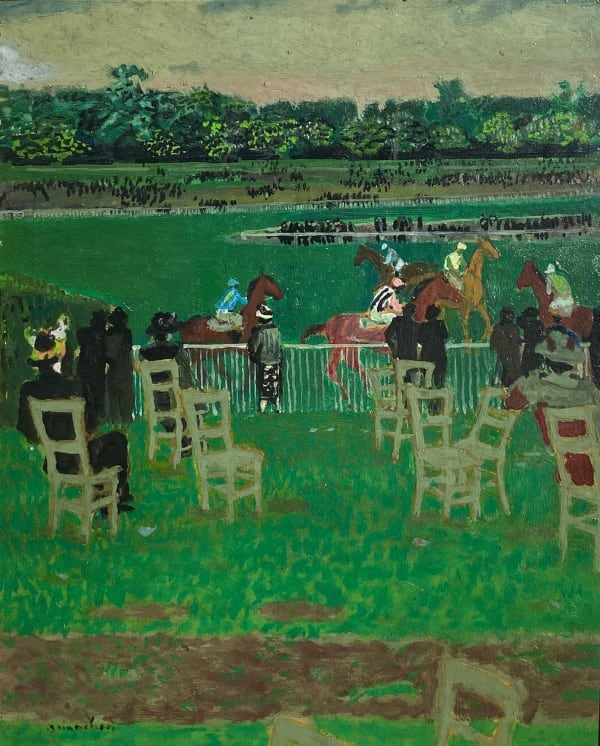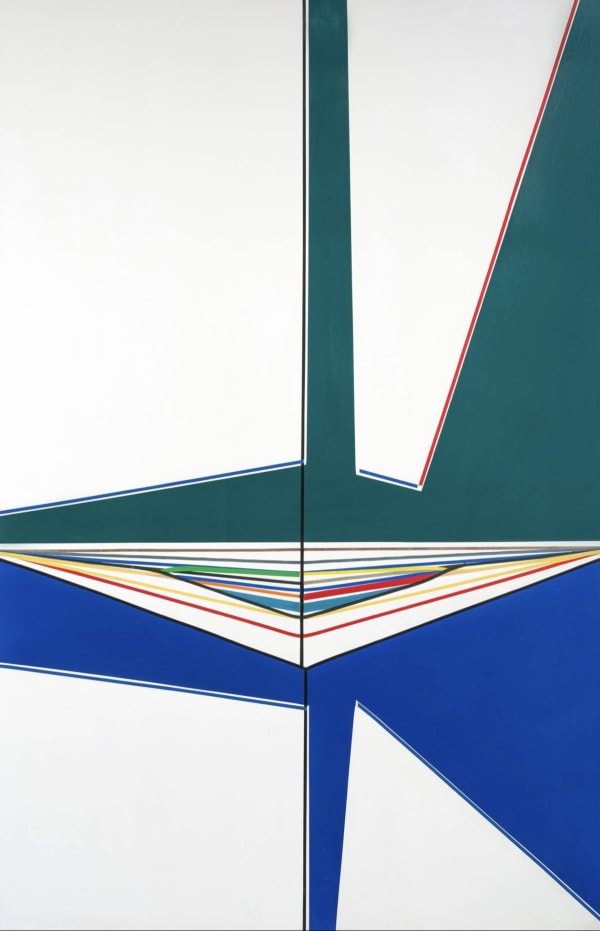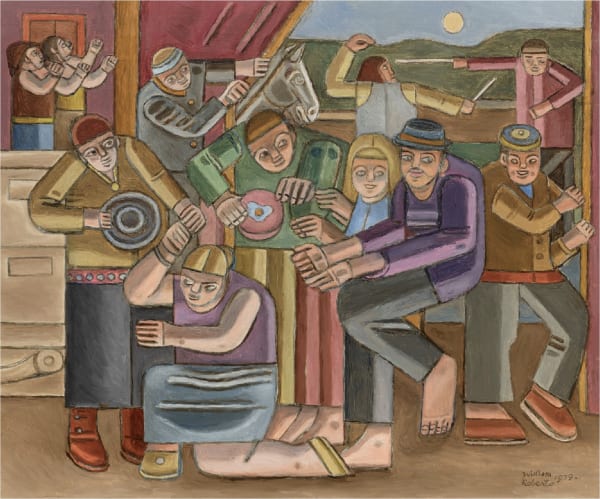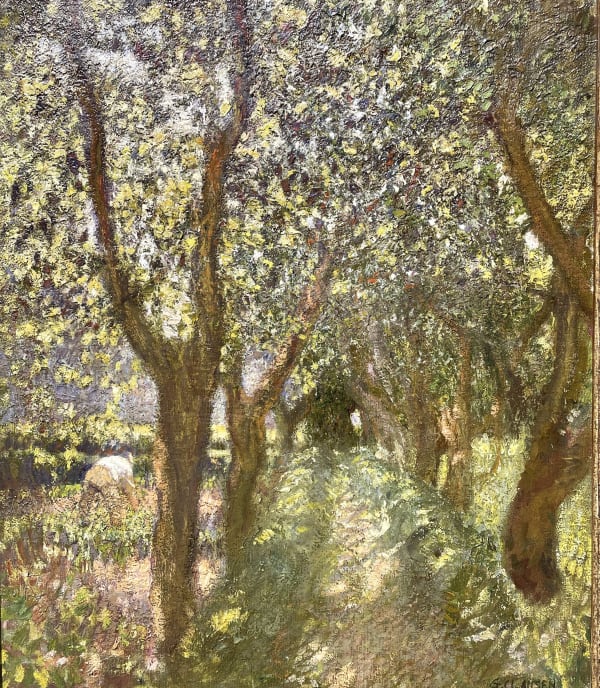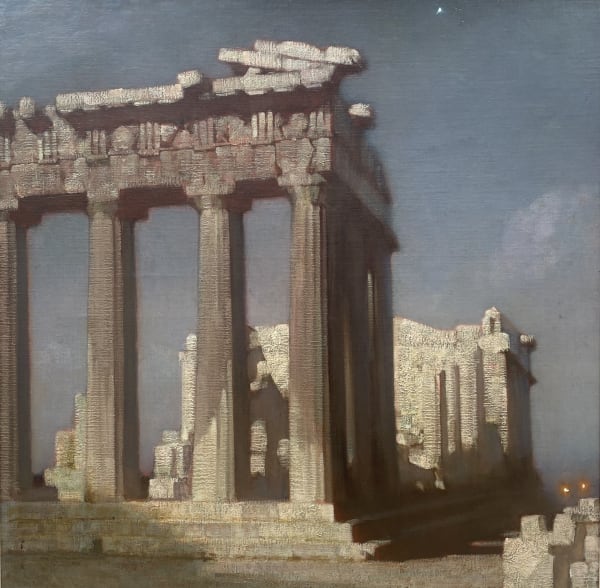-

Richard Allen
-

Clive Barker
-

Samuel John Lamorna Birch
-

Antoinetta Brandeis
-

Lynn Chadwick
-

Emanuel Manasse
-

Eugene Boudin
-

Boyle Family
-

Mary Fedden
-

Claude Flight
-

Adrian Heath
-

Dame Babara Hepworth
-

Ivon Hitchens
-

Gwyther Irwin
-

Roger Jourdain
-

Lucien Levy-Dhurmer
-

Maxime Maufra
-

Maurice Brianchon
-

James Morrison
-

Ed Moses
-

Krome Barratt R.B.A., R.O.I., N.S.
-

John Plumb
-

William Roberts
-

Sir George Clausen
-
Leon De Smet
-

Harold Speed
-

Julian Stanczak
-

Louis Abel Truchet
-
Kyffin Williams

